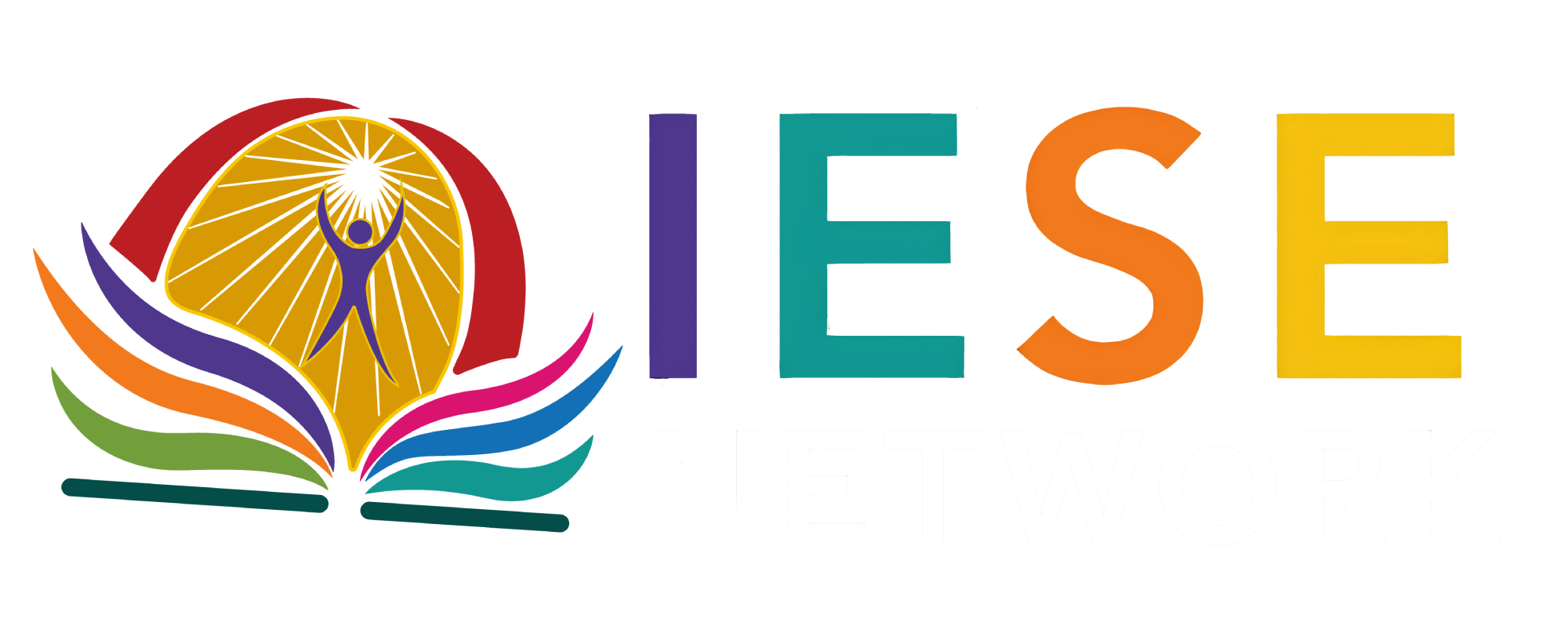Professional Learning: Special Education
Connect. Build. Improve.
Contact your Area Program Advisor to find out how to bring these trainings to your staff OR reach out to the IESE Network HERE for more information!
Professional Development Offerings:
SESSION: | DESCRIPTION: |
|---|---|
Accommodations vs. Modifications | Educators will learn the legalities and definitions of accommodations and modifications for students with disabilities. A brief differentiation overview will be provided. Participants will discuss adaptions and making data-based decisions according to student characteristics. Application activities and resources are available. |
Effective Behavior Intervention Plans | The Behavior Intervention Plan is the backbone of an effective plan for the school team to support students with IEP who are exhibiting challenging behaviors that are impeding on their learning and/or the learning of others. In this PD, you will learn how to utilize the data collected from the FBA to write an effective BIP for your students. |
Functional Behavioral Assessment (FBA) Process | The FBA process is a critical step to ensure the IEP team outlines function-based interventions. To do so, the team must utilize effective data collection methods to define the student's behavior. In this professional development, the process of forming a team, collecting and analyzing data as well as documentation checklists for writing the FBA will be discussed. |
| Paraprofessional roles, special education basics, and guidance are reviewed in this session. The importance of confidentiality and inclusion are also included. Participants will learn ways to provide support for students and how understanding student behavior is crucial to a successful relationship with students, including a brief overview of trauma and its implications and de-escalation strategies. This professional development incorporates a sample handbook, an inclusive list of roles and responsibilities, and an evaluation tool example. |
Partnering with Parents | Parents are key to successful educational partnerships especially throughout the IEP process. The partnership can impact student academic and functional outcomes. Participants will evaluate communication styles and learn key components before, during, and after IEP meetings that impact partnerships. Resources to build partnerships are provided. |
Running Effective IEP Meetings | This professional development covers how to run cohesive IEP meetings including common laws for writing IEPs, the process to follow before meetings, tips for communicating with parents, and who needs to be in attendance. Resources such as checklist and example agendas will be provided. |
Scheduling & Time Management | Effective and efficient scheduling and time management skills are necessary for Special Educators. Participants will learn strategies and resources in order to hone in on them. Legal obligations are briefly discussed to highlight the importance of time management and scheduling as a Special Educator. |
Special Education Law Updates | Participants will gain an understanding of legal updates that have occurred in the state of Illinois pertaining to Special Education. Other hot-topic educational law updates are included with some discussion on impacts (or potential future impacts) on IEP paperwork. |
Transition Plans | Transition plans drive the IEP. Participants will review plan components, assessments, and curriculum implementation. The session includes legal obligations for districts and case managers as well as resources that can be immediately used. |
Writing IEP Goals | Participants will learn how to write SMARTIE goals for students with an IEP. Educators will understand the law behind writing data driven goals. Participants will learn to collect data, write comprehensive present level pages of an IEP, connect transition plans at the appropriate age and write SMARTIE goals to align. Effective goal examples will be provided as well as time for participants to apply the skill. |
Writing Legally Defensible IEPs | Participants will learn the legalities behind writing legally defensible IEPs for students with disabilities. Each IEP section along with how to gather and collect data to write comprehensive information about the student in each section will be discussed. Participants will also learn the roles and responsibilities for the IEP team members. A toolkit with resources for writing legally defensible IEPs will be provided. |
